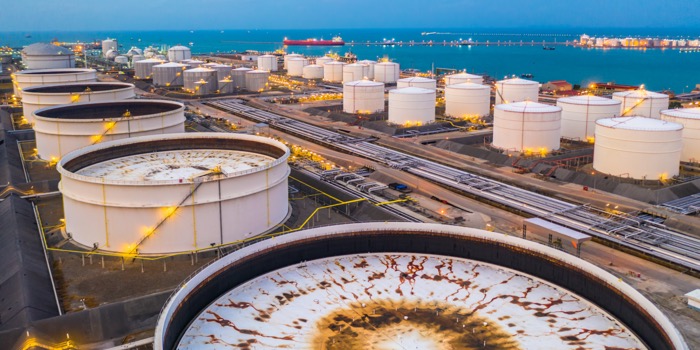US energy regulators have upheld Oregon’s denial for a clean water permit for the Jordan Cove liquefied natural gas (LNG) project, dealing a blow to plans for an export terminal favoured by the Trump administration.
Last March, the Federal Energy Regulatory Commission (FERC) had approved Pembina Pipeline Corp’s plan to build and operate a natural gas pipeline and LNG export terminal at Jordan Cove in Oregon. The Trump administration had also tried to fast track environmental reviews of the project.
But amid opposition from tribes and environmentalists, the $10 billion project failed to get water permits from the state of Oregon.
The project petitioned FERC to override Oregon’s decision saying it had waived its authority under the federal Clean Water Act. But FERC decided unanimously that Oregon had not waived its authority.
Jordan Cove is designed to produce 7.5 million tonnes per annum (MTPA) of LNG, equivalent to around 1 billion cubic feet per day (bcfd) of natural gas, or enough gas to supply about five million US homes for a day.
It would include five liquefaction trains, two LNG storage tanks and the 229 mile Pacific Connector pipeline capable of transporting up to 1.2 bcfd of gas.
Backers of Jordan Cove stressed that its position on the West Coast would put it closer to fast-growing Asian markets than terminals along the Gulf Coast, which have to send LNG through the recently congested Panama Canal. They had hoped the project would be operational by 2025.
For more information visit www.ferc.gov












